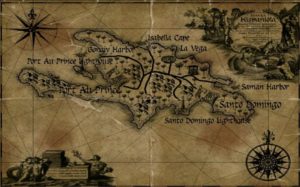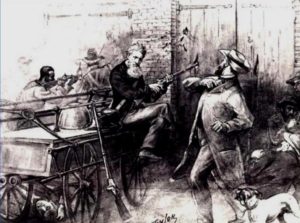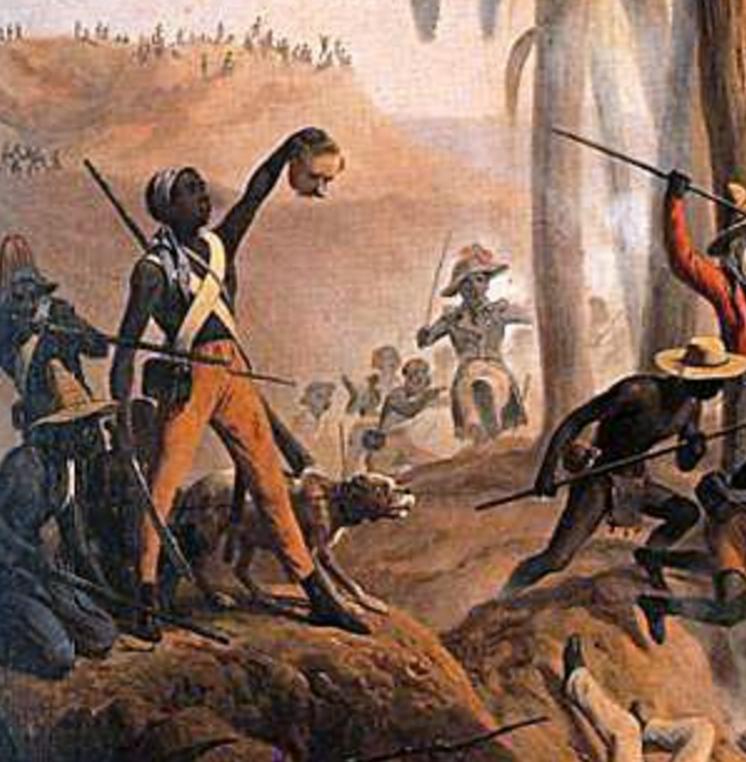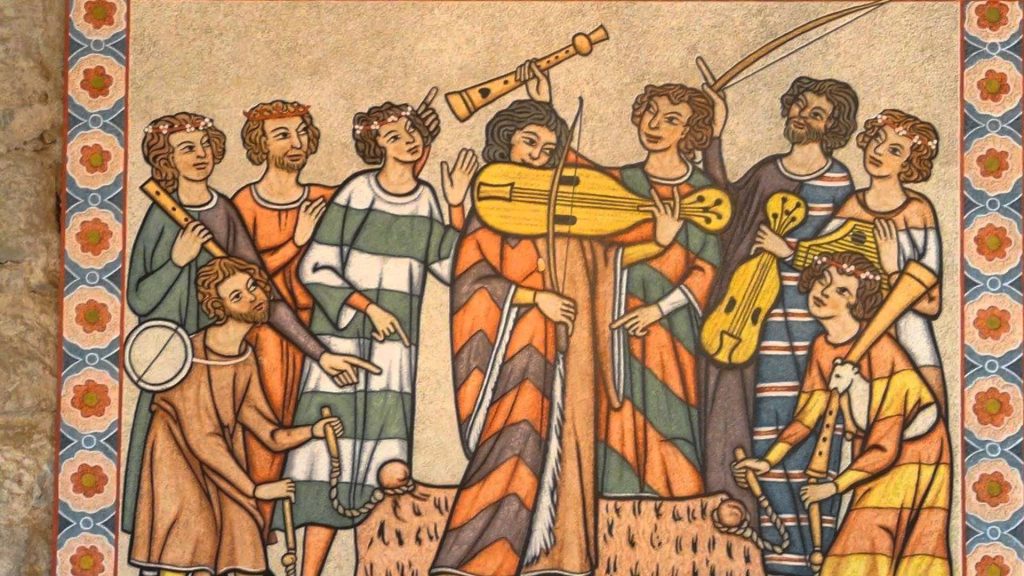Why did the American South drag their feet so long before the Civil War, refusing to give up the institution of slavery? After all, the South did not oppose the idea of abolishing slavery. Because, believe it or not, it was assumed by everyone that slavery would eventually be abolished. Slaveholders themselves questioned slavery’s morality and tried to think of a way to end it. Thomas Jefferson suggested a gradual emancipation program, and South Carolina’s revolutionary war hero, John Laurens, gave his own life for a South without slaves, stating, “We Americans at least in the Southern Colonies, cannot contend with a good Grace, for Liberty, until we shall have enfranchised our slaves.” So why the wait?
There were two primary reasons. First, the Abolitionists of the North were helping no one with their incendiary demonization of the South. Just as the Democrats of today cast the most outrageous accusations against the American Right, so also did the abolitionists smear the South’s reputation in every way possible. This created a type of anxiety that prevented anything other than an inevitable war. One might even think the Northern abolitionists were bloodthirsty when considering the levels of hate they poured onto Southerners.
There was another reason, however, that kept the South from emancipating its slaves. This second reason was a paranoia that stemmed from a terrifying chain of events that took place on the island of Hispanola, one of the first settlements in the New World that was landed upon by Christopher Columbus himself. The Spanish and French called this place Saint-Domingue, but today, we know this place as Haiti.
Pre-Haiti: A History of Blunders in Hispanola
 Once upon a time, Hispanola was an island populated by Taino Indians. They lived their equatorial islander lives peacefully, smoked tobbacco, hid from cannibal tribes, and practiced polygamy. They actually practiced a form of Communion long before Columbus and other Spanish missionaries introduced Catholicism. Their ritual involved gagging themselves with a stick, vomiting up the contents of their stomach, and eating a sacred type of bread. They even believed in a Heaven.
Once upon a time, Hispanola was an island populated by Taino Indians. They lived their equatorial islander lives peacefully, smoked tobbacco, hid from cannibal tribes, and practiced polygamy. They actually practiced a form of Communion long before Columbus and other Spanish missionaries introduced Catholicism. Their ritual involved gagging themselves with a stick, vomiting up the contents of their stomach, and eating a sacred type of bread. They even believed in a Heaven.
These people were rather gentle, and unfortunately, quite pliable for Christopher Columbus, who immediately sought to establish a system of organized labor among the natives. In his defense, Columbus did not have the hindsight we have with Marxism, which taught us that immediately imposing a utopian labor and economic system upon a society is the surest way to destroy it. Columbus, an ignorant explorer, was called upon to tiptoe through the tulips with these fragile people. Unfortunately, he found himself instead crashing through a glass shop.
Spain controlled Hispanola for the next two hundred years. But the gradual immigration of French buccaneers on the western part of the island ensured French control by 1700. Once more in history, we can see that demographics is destiny, and failing to control immigration is, in reality, permitting a soft invasion.
The French buccaneers of Saint-Domingue owned a large population of enslaved Africans. Unlike the proscriptions recommended by renowned bishop, Bartolomé de las Casas, French treatment of slaves was as brutal as their eventual French Revolution. By the late 1600s, hundreds of slaves were fleeing into the mountains of the island, killing anyone who was sent to retrieve them, and preaching “death to all whites.”
When the Jacobins finally did seize the French National Assembly in 1793, they sought to trigger slave revolts in their colonies that would decimate their French political enemies. On the island of Saint-Domingue, it was a battle of French royalists against radicalized Jacobin whites, mulattoes, and blacks–the latter coming out at night to burn plantation houses and massacre their owners.
Fallout In America
The stories of this slave uprising chilled the blood of American southerners and put a wrench in a lot of machinery in the South to end slavery. After all, should American black slaves go free, would they also seek to rise up and kill their masters, as happened in Saint-Domingue in 1793?

Stories of slave uprisings out of Hispaniola fed the abolitionist thirst for violence. These events inspired crazed figures such as the manic-depressive John Brown, who led groups of extremists seeking to fight “The Slave Power,” and whose first victim of his insurrection at Harper’s Ferry ended up being a free black man who took twelve hours to die.
The pre-Civil War days were a socially volatile time. The time before the Civil War very much resembled the state of things today, a time in which we live with groups of violent, Leftist, black bloc Antifa agitators who aim to disrupt and sow chaos. Then, as now, radicals were funded and encouraged by wealthy oligarchs. They drew on inspired eruptions of violence from Hispaniola, hoping to spark a similar war across America. Any and all constructive discussion about ending slavery was impossible in this environment.
Yet there would be more news out of Saint-Domingue that vindicated the South’s fear. The horror story from Haiti did not end in 1793. A bloody story of brutality, mercilessness, and hate would emerge from Hispaniola that would later cement the South’s position on slavery, and ensure Haiti a special role in the events leading up to the American Civil War.










5
[…] Haiti Spooked the American South: Part 1 […]
4
3.5
[…] something less ancient. Consider Haiti (I wrote about this HERE and HERE.) This island, once called Hispaniola, was an island conquered by Spain and settled by […]
[…] Meet Rad Haiti Spooked the American South: Part 1 Haiti Spooked the American South: Part 2 A Roman Easter Story for Dejected Trump Voters Thomas […]
[…] are slowly remembering what happened with Haiti (see HERE and HERE). Some of them are slowly remembering what happened to Rhodesia. Many are taking note of […]